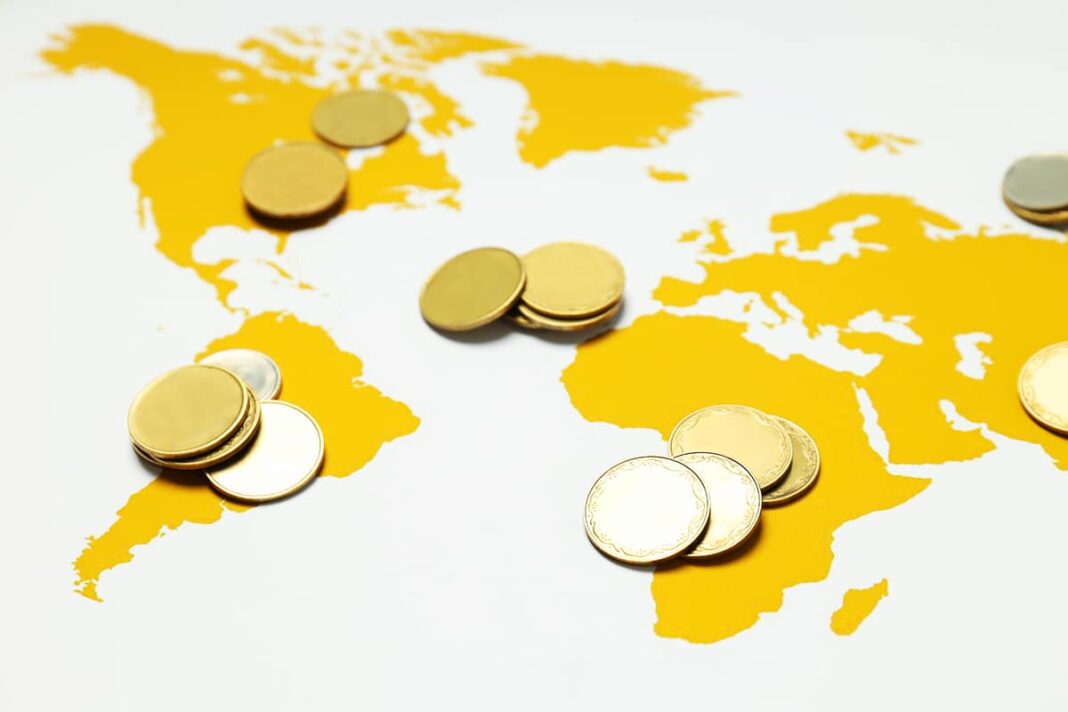International trade has become an integral part of our interconnected global economy. It plays a crucial role in shaping the growth and development of nations, fostering economic prosperity, and promoting cooperation among countries. However, it is also a complex web of regulations, politics, and negotiations that constantly evolves and presents new challenges. In this article, we will dive deep into the fascinating world of international trade, exploring its barriers, analyzing its impact, and shedding light on the factors that shape this intricate tapestry.
The Barriers to International Trade
Trade barriers are obstacles that restrict the free flow of goods and services across national borders. They can take various forms, including tariffs, quotas, subsidies, and non-tariff barriers such as regulations, certifications, and standards. These barriers are often implemented for economic, strategic, or political reasons, aiming to protect domestic industries, ensure national security, or retaliate against unfair trade practices.
Tariffs are one of the most common trade barriers, imposing additional costs on imported goods and making them less competitive compared to domestic products. Quotas, on the other hand, limit the quantity of imports allowed into a country, creating artificial scarcity and driving up prices. Governments may also provide subsidies to domestic industries to make their products more competitive in the global market, distorting fair competition and disadvantaging foreign producers.
Non-tariff barriers play a significant role in regulating international trade. These include technical regulations, sanitary and phytosanitary measures, and intellectual property rights protection. While these measures aim to ensure quality, safety, and fair competition, they can also create hurdles for exporters by requiring compliance with multiple and sometimes conflicting regulations.
The Impact of International Trade
The effects of international trade are far-reaching, influencing economies, industries, and individuals around the world. Trade can stimulate economic growth by allowing countries to specialize in the production of goods and services that they have a comparative advantage in. It enables the efficient allocation of resources, encourages innovation, and promotes economies of scale, ultimately leading to higher productivity and living standards.
International trade also fosters cooperation among nations and strengthens diplomatic relations. Through trade, countries establish interdependencies and build mutual trust, reducing the likelihood of conflicts. Trade agreements, such as free trade agreements and regional economic blocs, further enhance collaboration and provide a framework for addressing trade disputes.
However, trade is not without its challenges. It can lead to job displacement and income inequality, particularly in industries that are unable to compete globally. The benefits of trade may not always be evenly distributed, and there can be winners and losers. Governments need to take measures to ensure that the gains from trade are shared equitably and that affected individuals and industries are supported through social safety nets and retraining programs.
The Geopolitics of International Trade
The landscape of international trade is heavily influenced by geopolitics. Countries often engage in trade negotiations to advance their strategic interests, gain access to new markets, or protect sensitive sectors. These negotiations are complex and require give-and-take between countries with different priorities and interests.
Trade disputes, such as the ongoing tensions between the United States and China, have become more frequent in recent years. These disputes can escalate into trade wars, which harm global economic growth and disrupt supply chains. It is crucial for countries to find diplomatic solutions and engage in constructive dialogue to avoid the detrimental effects of protectionism.
The Role of Technology in International Trade
Technology has revolutionized international trade, enabling faster and more efficient transactions, reducing costs, and expanding market access. E-commerce platforms have connected buyers and sellers from across the globe, facilitating cross-border trade for small and medium-sized enterprises.
Advancements in logistics and transportation have also transformed the movement of goods, making it easier to ship products to distant markets. Digital payment systems, such as blockchain and mobile wallets, have simplified the financial aspects of international trade, reducing transaction costs and enhancing security.
However, technology also brings its own set of challenges. The rise of automation and artificial intelligence has disrupted traditional industries and changed the nature of work. As new technologies continue to evolve, policymakers need to ensure that the benefits of digital trade are inclusive and that workers are prepared for the changing job market.
Important Information to Consider
When analyzing international trade, it is essential to consider the broader context in which it operates. Factors such as political stability, legal frameworks, corruption levels, and infrastructure play a crucial role in determining a country’s ability to engage in global trade effectively. Additionally, environmental sustainability and social responsibility are becoming increasingly important considerations in international trade, as consumers demand transparency and ethical practices.
Summary
International trade is a complex and ever-evolving web of regulations, politics, and negotiations. Barriers such as tariffs, quotas, and non-tariff measures shape the global trade landscape, while the impact of trade extends beyond economic growth to include geopolitical considerations and technological advancements. As the world becomes more interconnected, understanding the intricacies of international trade becomes essential for policymakers, businesses, and individuals alike. By breaking barriers and unraveling the global tapestry of international trade, we can foster mutual understanding, economic prosperity, and a more interconnected world.
- Unleashing the Power of Progress: Crafting an Astounding Growth Strategy - 17 de agosto de 2023
- Evolution Unleashed: Unlocking the Power of Iteration - 17 de agosto de 2023
- Unleashing Unlimited Potential: The Power of Scalability - 17 de agosto de 2023




